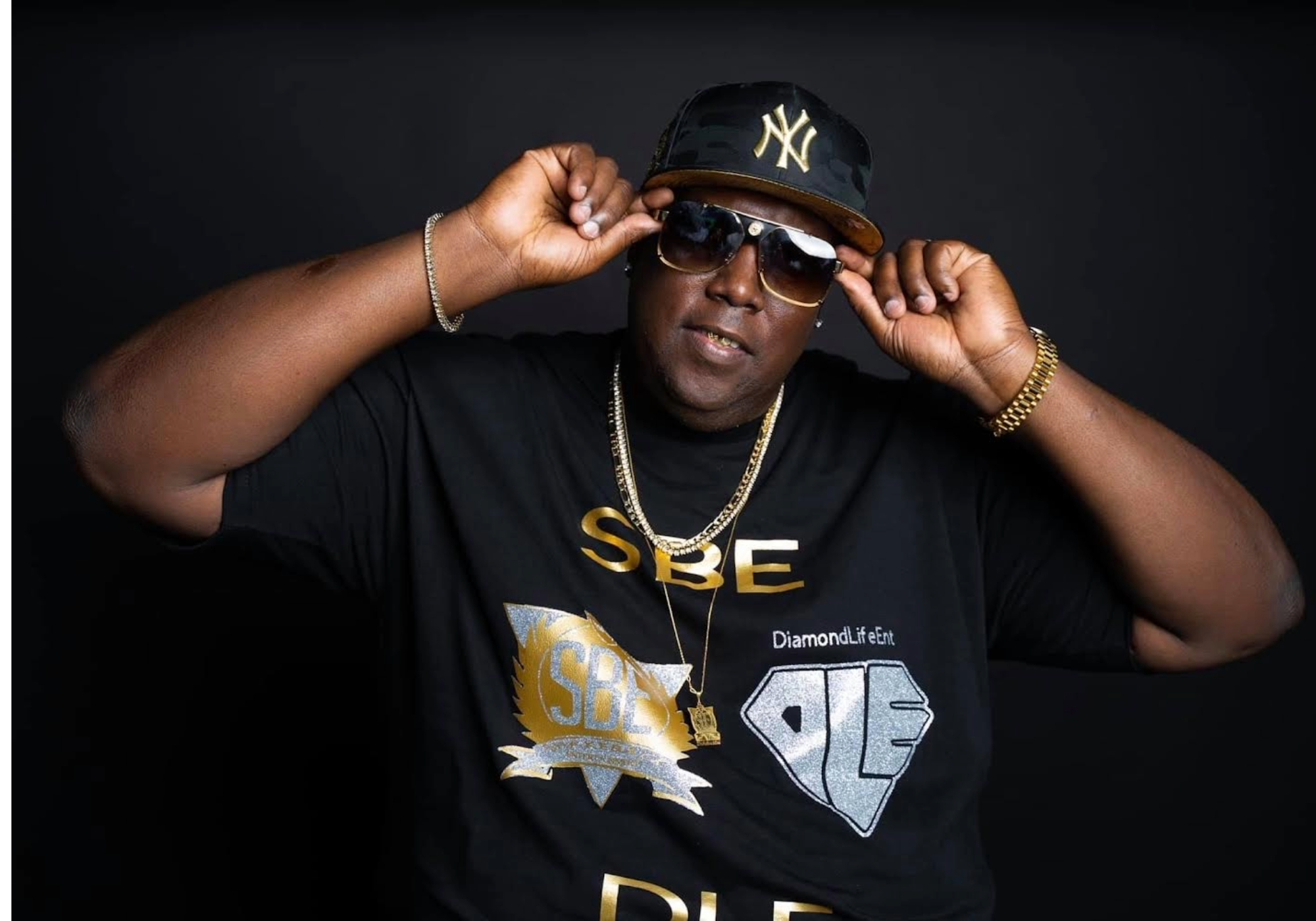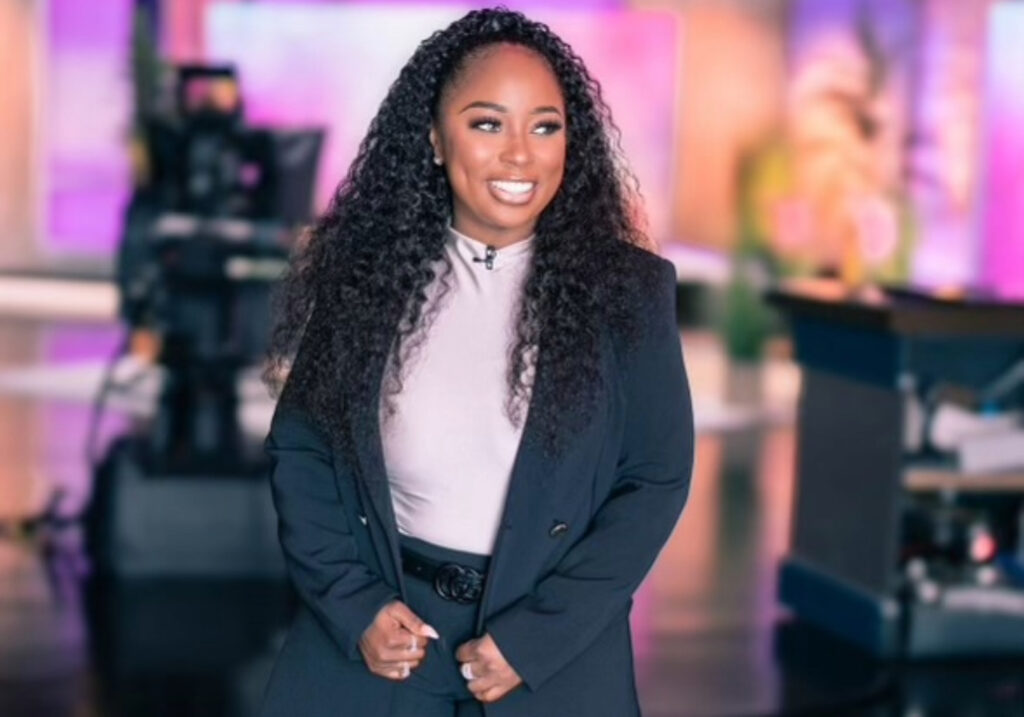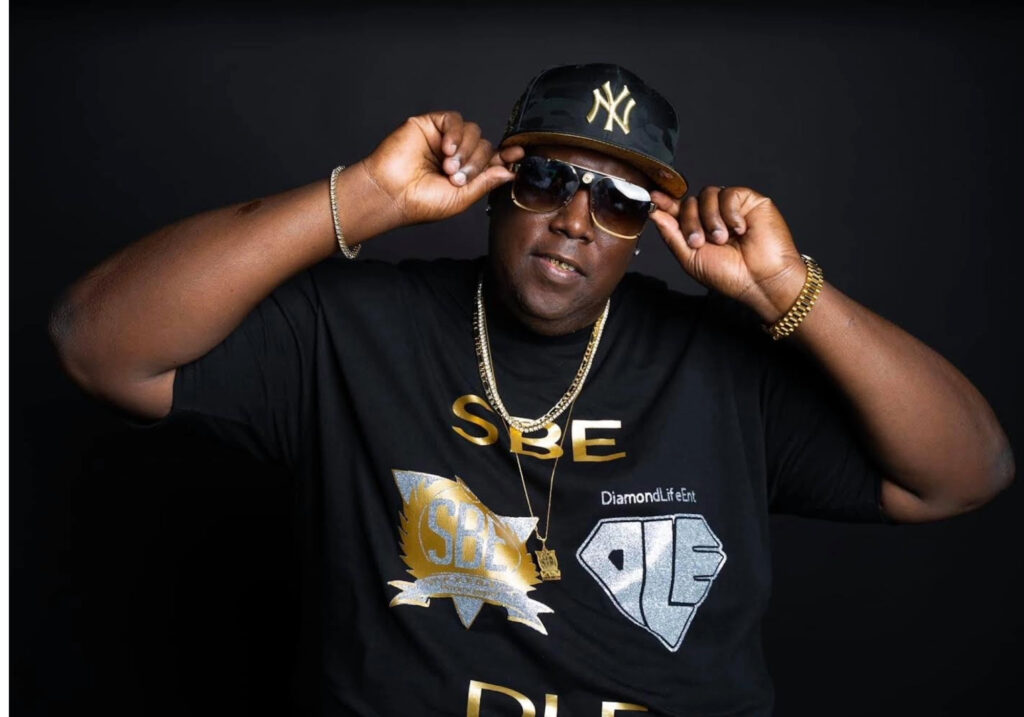The Evolution of “The Boys”: Eric Kripke’s Vision and the Complexity of Billy Butcher”The Boys,” developed by Eric Kripke, has become one of the most provocative and critically acclaimed series on television. Based on the comic book by Garth Ennis and Darick Robertson, the show is a dark satire of the superhero genre, exploring themes of power, corruption, and morality. Central to its narrative is the character of Billy Butcher, played by Karl Urban, whose complex journey and moral ambiguity have captivated audiences. As the show progresses, Butcher’s character undergoes significant transformations, reflecting the broader themes and narrative arcs that Kripke aims to explore.
Eric Kripke, known for his work on “Supernatural,” brought his unique storytelling style to “The Boys.” Kripke’s vision for the series was to subvert the traditional superhero narrative, presenting a world where superheroes, or “Supes,” are morally compromised and often outright villainous. This approach allows the show to delve into contemporary issues such as corporate greed, political corruption, and the cult of celebrity, all while maintaining a balance of dark humor and intense drama.
Kripke’s adaptation stays true to the core of the comic series while also making significant changes to fit the medium of television. He has emphasized character development and emotional depth, ensuring that the series is not just about shock value but also about the human (and inhuman) stories at its heart. This focus on character is evident in the portrayal of Billy Butcher, whose complex motivations and personal demons are central to the show’s narrative.
Billy Butcher: A Complicated Anti-Hero
Billy Butcher is introduced as the ruthless leader of “The Boys,” a group of vigilantes determined to take down the corrupt Supes. Butcher’s vendetta against superheroes is deeply personal, stemming from the trauma of losing his wife, Becca, who he believes was raped and murdered by the most powerful Supe, Homelander. This personal tragedy drives Butcher’s relentless quest for vengeance, making him a compelling yet morally ambiguous character.
As the series progresses, Butcher’s character is further developed, revealing layers of vulnerability and humanity beneath his tough exterior. His relationships with other members of The Boys, particularly Hughie Campbell (Jack Quaid) and Mother’s Milk (Laz Alonso), show different facets of his personality. While he often uses violence and intimidation to achieve his goals, there are moments where his actions are driven by a genuine desire to protect those he cares about.
The Impact of Becca’s Return
One of the most significant twists in the series is the revelation that Becca is alive and raising Homelander’s son, Ryan. This discovery profoundly impacts Butcher, challenging his black-and-white view of the world and forcing him to confront his own prejudices and motivations. His relationship with Becca and his struggle to accept Ryan, a child born out of violence, add emotional depth to his character and complicate his mission.
Kripke has used Butcher’s evolving relationship with Becca and Ryan to explore themes of forgiveness, redemption, and the cycles of violence. These storylines highlight Butcher’s internal conflict and his struggle to reconcile his desire for revenge with his love for Becca. This nuanced portrayal makes Butcher one of the most complex characters in the series, embodying the moral ambiguity that defines “The Boys.”
Season 4: New Challenges and Internal Struggles
In Season 4, Butcher’s journey takes even darker turns. Eric Kripke has teased that Butcher will face significant internal and external challenges, including dealing with the side effects of Temp V, a substance that grants temporary superpowers but is ultimately lethal. This new development adds another layer of urgency and desperation to Butcher’s mission, as he grapples with his mortality and the consequences of his actions.
The introduction of new characters and shifting dynamics within The Boys further complicate Butcher’s role as a leader. His deteriorating health and strained relationships with his team members create a sense of instability and tension, reflecting the broader chaos and corruption in the world of Supes. Kripke’s exploration of Butcher’s psyche and his hallucinatory experiences add a psychological depth to the character, highlighting his inner turmoil and the toll of his relentless pursuit of vengeance.
Conclusion
“The Boys,” under Eric Kripke’s direction, continues to push the boundaries of the superhero genre, offering a dark, satirical take on power and corruption. Billy Butcher stands at the center of this narrative, a character whose complexity and moral ambiguity embody the show’s themes. As the series progresses, Butcher’s journey reflects the broader struggles and conflicts of a world where heroes and villains are not easily defined. Kripke’s ability to balance shocking, provocative content with deep, character-driven storytelling ensures that “The Boys” remains a compelling and thought-provoking series. As Butcher faces new challenges in Season 4, his evolution will undoubtedly continue to captivate and challenge audiences, solidifying his place as one of the most intriguing anti-heroes on television.
Source: Rollingstone














